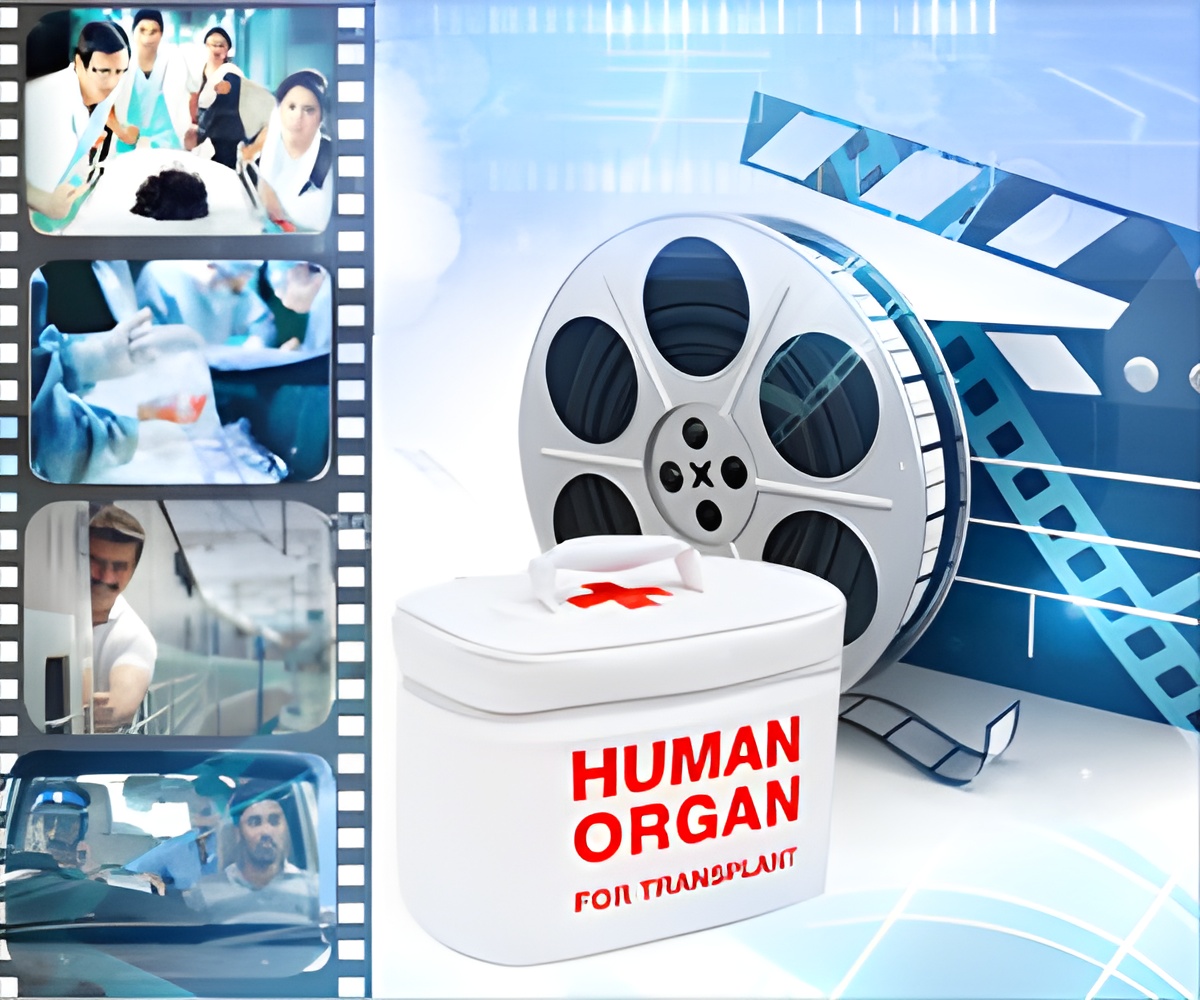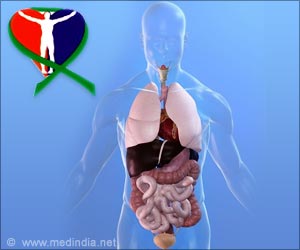The recent trend in Kollywood especially Ajith's - Yennai Arindhaal and Sivakarthikeyan's - Kakki Sattai has brought disrepute to the state’s Premier Organ Donation Programme.

However, unfortunately, the recent trend in Tamil movies especially Ajith's - Yennai Arindhaal and Sivakarthikeyan's - Kakki Sattai has brought disrepute to the programme by depicting what is unthinkable. What they show also has no scientific, medical or moral basis.
Administering carbon monoxide and making a person brain dead to harvest organs to sell them abroad is the theme of Kakki Sattai. In Yennai Arindhaal the plot revolves around organ trafficking that is untenable. Stealing organs from cadavers, kidnapping people and killing them for organs. The ace victim is supposed to be the heroine, whose heart is to be sold to an ailing man for a hefty sum of money.
Both the plots are ludicrous as far as organ donation is concerned and even if for some reason doable would not work out. The important questions that need to be asked:
- Can you give carbon monoxide and make a person brain dead?
- Can you steal kidneys from a living person?
- Can you steal organs from cadavers?
- Can heart be removed as shown in the plot of the movie?
No, if you administer carbon monoxide not only the brain but also all the organs will die. The plot tries to replicate the theme from an old English movie Coma.
No, kidneys can be only removed by a highly qualified surgical team of experts (at least 5 members of surgical team and nursing team) in a sterile operation theatre with proper lights and anaesthetist who requires a machine to administer anaesthesia.
As per India law this can be only first relative, which includes mother, father, brother, sister, son or daughter. It also includes spouse and grand parents. Minors cannot donate. Anyone other than first relative needs to apply through the hospital to authorization committee and needs to convince the authorities that the donation is happening out of true altruism and not for money. Violation can lead to fines up to Rs 1 crore or imprisonment for 5 to 10 years.
No organ that is removed from cadaver can be useful. Only tissues can be removed within 6 to 24 hours like corneas, skin, heart valves (not the whole Heart - 'the pump' itself) and bones. Tissues unlike organs are not critical for life. In the movie plot it is not tissues that are talked about but organs. If they had used tissues stealing, at least then the plot would have been medically possible.
Again for the organs to be useful certain requirements need to be met. Organ donation is possible only in brain death. Brain death happens in head injury in road traffic accidents or due to stroke or brain hemorrhage. It requires a sophisticated intensive care unit and a specialist to take care of a brain dead patient as this is a highly unstable condition.
Two sets of tests are required six hours apart and four doctors need to sign a certificate before brain death can officially be declared. This panel of experts needs to be certified by Government authorities.
Multiple tests must be done on multiple occasions on the brain dead patient and only if the next of kin gives permission, the organs can be removed for transplantation. In medico- legal cases police permission is required before any retrieval surgery is performed.
It is the most ludicrous angle of the plot and storywriter has let his imagination run riot in a manner that is an insult to the intelligence of any cinema-goer. Heart transplantation requires even stricter norms than that of kidney and liver donations. The brain death maintenance needs to be done within strict norms of how much medication one can administer to maintain the blood pressure.
The heart has to be transplanted within 4 hours of retrieval and this means both donor and recipient surgery has to start almost simultaneously. This is the reason why fewer heart transplantations are done in the world compared to other organ transplantations.
Medical themes can create very powerful human dramas and many of these themes have won the Oscars and the movies have gone to create history. Starting from ‘A Streetcar Named Desire’ poignantly depicting the protagonist’s mental/nervous breakdown to movies such as 'The Beautiful Mind' depicting schizophrenia, and ‘The King’s Speech’ based on a speech impediment. This year the Oscar for Best Actor – went to Eddie Redmayne in 'The Theory of Everything’ for his portrayal of Stephen Hawking living with Motor Neuron disease and the Best Actress award went to Julianne Moore in “Still Alice” for her sensitive portrayal of a person with early onset Alzheimer’s disease.
In India too medical themes are easy to pick and make. In the last few years deceased donation transplantation has been in the news for all the right reasons because of the altruistic nature of donations that comes from ordinary people who perform extraordinary deeds. Each donation helps five to seven people get a new lease of life.
Since organ donation is so popular in the Tamil Nadu, the directors have wanted to ride this wave but seem to have not looked at the facts and how this programme actually works. At least the Malayalam movie “Traffic" and to some extent its remake in Tamil called “Chennaiyil Oru Naal” got the plot right.
There are still almost 4345 people waiting for kidneys in the state and many others for liver, heart and lung transplant. Both Yennai Arindhaal and Kaaki Sattai have brought disrepute to the act of organ donation, which could be extremely damaging to the deceased donation programme as a whole.










